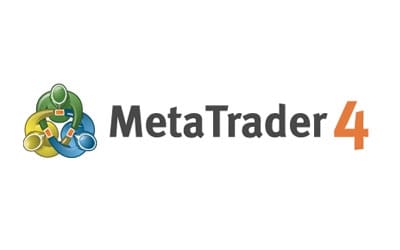The EUR/USD declined sharply on Tuesday, falling more than 100 pips in intraday trade as Eurozone inflation continued to trend in negative territory in March.
The EUR/USD bottomed out at 1.0714 on Tuesday after opening at 1.0827. The pair would subsequently consolidate at 1.0751, declining 0.7%. The EUR/USD is holding on to the 1.0711 support level. On the upside, initial resistance is likely found at 1.0883.
The dollar strengthened across the board on Tuesday, climbing for a second consecutive day. The dollar index advanced more than half a percent to 98.50.
In economic data, Eurozone inflation remained in negative territory in March, but showed signs of recovery following the implementation of the European Central Bank’s quantitative easing program. The Eurozone consumer price index declined 0.1% in the 12 months through March, a three-month high. CPI bottomed out at -0.6% in January.
On Monday the Federal Statistics Office said Germany’s harmonized index of consumer prices edged up 0.1 percent annually in March after declining 0.1% the previous month.
German data also made headlines on Tuesday, as the government reported on retail sales and unemployment.
German retail sales declined 0.5% in February after climbing 2.3% the previous month. Compared to February 2014, retail sales were up 3.6%. Meanwhile, German unemployment declined by another 14,000 in March, as the unemployment rate edged down to a new record low of 6.4% from 6.5%.
Tuesday’s figures suggest the euro area economy was gradually strengthening at the start of the year, thanks to a more prosperous German economy. This could support a bigger rally for the euro, which only has week rebounded from 12-year lows versus the dollar. However, the ongoing Greek debt crisis continues to dampen the outlook on the euro and threatens to undermine its recovery should the Hellenic Republic be forced out of the currency union.
Greece’s revised bailout program failed to win over international creditors, a sign Athens will go several more weeks without the cash it needs to keep the government funded. Greek Prime Minister Alexis Tsipras had met with German Chancellor Angela Merkel last week to iron out the details for a revised proposal.
“The proposals were piecemeal, vague and the Greek colleagues could not explain technically what some of them implied,” described a Eurozone official close to the talks.
Eurozone finance ministers are not expected to meet again until mid-April.
Tradersdna is a leading digital and social media platform for traders and investors. Tradersdna offers premiere resources for trading and investing education, digital resources for personal finance, market analysis and free trading guides. More about TradersDNA Features: What Does It Take to Become an Aggressive Trader? | Everything You Need to Know About White Label Trading Software | Advantages of Automated Forex Trading



































